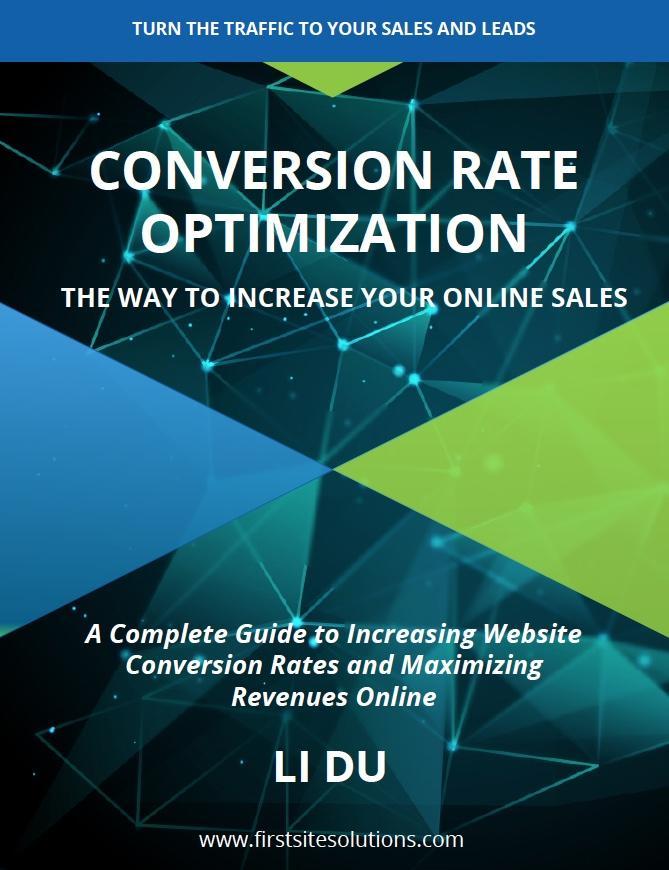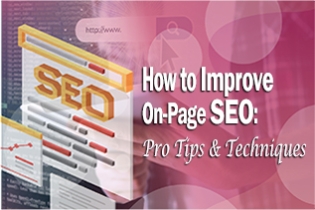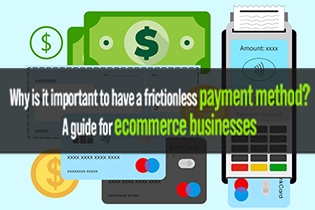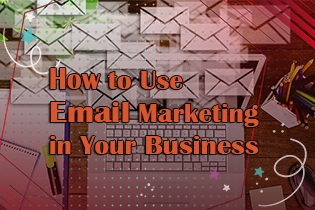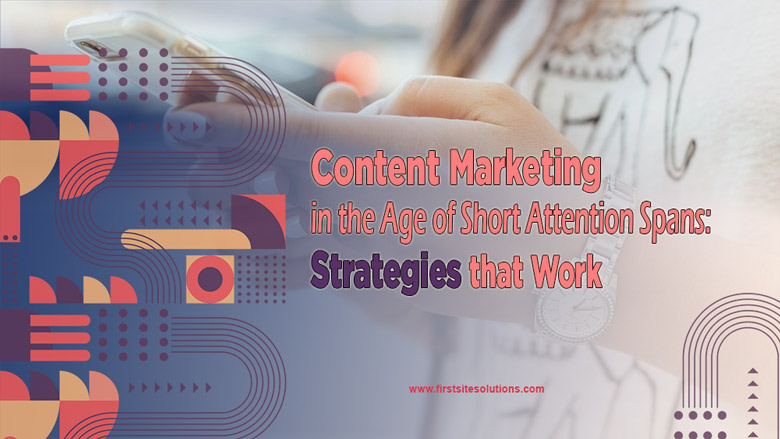
Capturing and retaining audience attention has become more challenging than ever in the fast-evolving digital world. With the rise of social media and mobile devices, people are constantly bombarded with information, leading to shorter attention spans. This makes it crucial for businesses to adopt effective content marketing strategies. Uncover practical approaches to content marketing in the age of short attention spans.
Understanding Short Attention Spans
Research indicates that the average human attention span has significantly decreased over the past few years. According to a Microsoft study, the average attention span is now just eight seconds. This means that marketers have a very limited window to engage their audience and convey their message.
The Importance of Quality Content
In the age of short attention spans, the quality of content becomes paramount, as high-quality content captures and retains attention. Quality content is relevant, informative, and engaging. It addresses the audience's needs and provides value, making it more likely to be shared and remembered.
For instance, the headline is the first thing people see, and it plays a crucial role in grabbing their attention. A compelling headline is clear, concise, and relevant. It should promise value and spark curiosity. Using numbers, questions, and power words can make headlines more attractive.
Utilizing Visual Content
Visual content is highly effective in engaging audiences with short attention spans. Images, infographics, videos, and GIFs can convey information quickly and effectively. They break up text and make content more digestible. Video content, in particular, is extremely popular, with people being more inclined to watch a video than read a lengthy article.
Specialized Help
If you are in a niche industry and want to grab your audience’s attention, leveraging targeted marketing strategies is crucial. Specialized help can be of huge help here. A great example is moving businesses trying to stand out in a crowded market. By partnering with specialized marketing agencies, they can get tailored visual content strategies for their moving business. Relying on a leader in this field, moversdev.com, movers get targeted digital marketing services designed to enhance online visibility and engagement through high-quality visual content and SEO, specifically for their industry.
Their expertise in the moving industry ensures that the visual content aligns with the unique needs and preferences of potential customers, making it a valuable resource for moving businesses looking to stand out in a competitive market.
Creating Snackable Content
Snackable content refers to small, easily digestible pieces of information. Examples include social media posts, short videos, and infographics. This type of content is perfect because it delivers the message quickly and effectively. Snackable content is also highly shareable, increasing its reach and impact.
Leveraging Interactive Content
Interactive content engages users by requiring their active participation. Quizzes, polls, surveys, and interactive infographics are great examples. Interactive content captures attention and increases engagement and time spent on a website. It provides a personalized experience, making the content more memorable.
Personalizing Content
Personalization is key to effective content marketing in the age of short attention spans. Personalized content speaks directly to the individual, making it more relevant and engaging. This can be achieved through targeted email campaigns, personalized recommendations, and dynamic website content.
Optimizing for Mobile
With most internet users accessing content through mobile devices, optimizing content for mobile viewing is essential. This includes using responsive design, ensuring fast load times, and creating content that is easy to read and interact with on small screens.
Implementing Storytelling
Storytelling is a powerful tool for engaging audiences. Stories are inherently more engaging than plain facts because they evoke emotions and create a connection with the audience. Using storytelling in content marketing can make the message more relatable and memorable.
Keeping Content Updated
Regularly updating content ensures it remains relevant and valuable. Outdated content can lose its appeal and effectiveness. By keeping content fresh, businesses can maintain audience interest and improve their SEO rankings.
Measuring and Analyzing Performance
To understand what works and what doesn't, it's important to measure and analyze content performance. Key metrics include engagement rates, click-through rates, and conversion rates. Tools like Google Analytics can provide valuable insights into audience behavior and content effectiveness.
Building a Content Calendar
A content calendar helps in planning and organizing content marketing efforts. It ensures consistent posting and helps align content with marketing goals and audience interests. To effectively use a content calendar, it's important to devise a content strategy that outlines the types of content to be created, the platforms to be used, and the schedule for posting. A well-planned content calendar can improve efficiency and effectiveness in content marketing.
Collaborating with Influencers
Influencers have the power to reach large audiences and can help in amplifying content. Collaborating with influencers can increase the visibility and credibility of content. It's important to choose influencers who align with the brand and have an engaged following.
Encouraging User-Generated Content
User-generated content (UGC) is highly effective in engaging audiences. It involves content created by users, such as reviews, testimonials, and social media posts. UGC adds authenticity and can significantly boost engagement and trust.
The Importance of SEO
Effective content marketing in the age of short attention spans also requires a strong focus on SEO. Optimize your content for search engines to increase visibility and attract more traffic:
- Identify relevant keywords that your audience is searching for. Use these keywords naturally throughout your content, including in headlines, subheadings, and meta descriptions.
- Quality content is more likely to rank well in search engines. Focus on creating valuable, informative, and engaging content that addresses the needs of your audience.
- Build a network of quality backlinks to improve your website’s authority. Collaborate with other reputable sites, create shareable content, and engage in guest blogging to enhance your link profile.
Incorporating Social Media
Social media platforms are perfect for reaching audiences with short attention spans. Here’s how to leverage them effectively:
- Short and Snappy Posts—Keep your posts short and to the point. Use attention-grabbing visuals and headlines to entice users to engage with your content.
- Regular Updates—Consistency is key on social media. Regular updates keep your audience engaged and informed. Plan a content calendar to ensure you post consistently and at optimal times.
- Engagement—Encourage interaction by asking questions, responding to comments, and participating in conversations. Engaging with your audience builds relationships and increases the chances of your content being shared.
Repurposing Content
Repurposing content involves taking existing content and presenting it in a new format. This can extend the life of the content and reach new audiences. For example, a blog post can be turned into an infographic, a video, or a series of social media posts.
Adjusting Content Marketing in the Age of Short Attention Spans
Content marketing in the age of short attention spans requires a strategic approach. Businesses can effectively capture and retain audience attention by understanding audience behavior and preferences, creating high-quality and engaging content, and leveraging various formats and platforms. Implementing these strategies can lead to increased engagement, higher conversion rates, and overall success in content marketing efforts.


